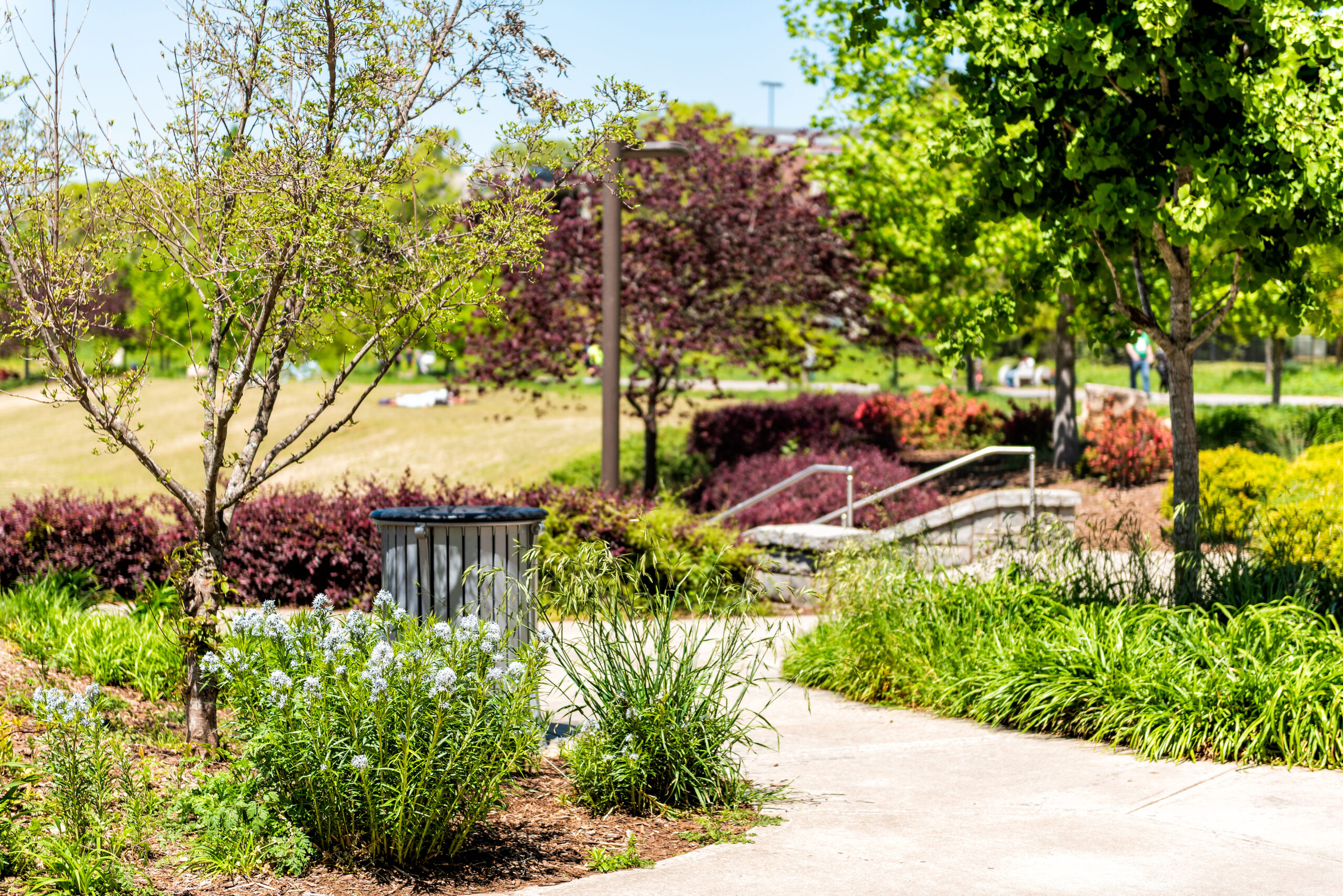Evidence-based approaches to improving neighborhood housing focus on strategies that are proven to enhance community well-being and housing quality. Key approaches include:
- Affordable Housing Development: Creating infill housing that is affordable and using green building for sustainability through accumulating and reusing existing vacant land.
- Housing Rehabilitation: Upgrading existing housing stock, especially in low-income areas, to meet modern standards, including use of energy efficient HVAC, windows, added insulation, and appliances, etc. through homeowners repairs and acquiring properties that behind in taxes.
- Strategic Code Enforcement : Implementing policies that support maintenance of structures and properties and address absentee owners.
- Pocket Parks: Parks with native flowers, shrubs, and trees to create attractive moments of beauty. Vacant lots to use for dog parks, play areas for children, and community gardens.
- Restoration of Neighborhood: Campaigns to reduce litter, dumping, and maintain the community. This includes placemaking and public murals, etc.
- Infrastructure: Continued improvement in public roads, sidewalks, and other infrastructure.
- Resident Engagement: Involving community members in decision-making to ensure housing solutions meet local needs.
- Internships : Creating paid internships for students that support neighborhood and housing development.
These strategies work best when combined, addressing both the physical and social aspects of housing.
Youth participating in high school and college paid internships focused on improving neighborhood housing and community spaces will have a significant impact on urban revitalization. These interns will assist in projects that create pocket parks, which transform vacant lots into green spaces for community use, including using strategies for sustainable land practices, native plants, and rain capture, reducing storm water management.
Interns will contribute to increasing infill housing by supporting the development of new homes on underused land and addressing housing shortages. This includes learning sustainable building practices, importance of energy audits, and other skills. Interns will engage in planning and executing energy-efficient retrofits, helping to make older buildings more sustainable. Additionally, they could work on streetscape improvements, enhancing the aesthetics and safety of public spaces. Through these activities, youth learn valuable skills in urban planning, community engagement, and sustainability, while actively contributing to the betterment of their neighborhoods.
